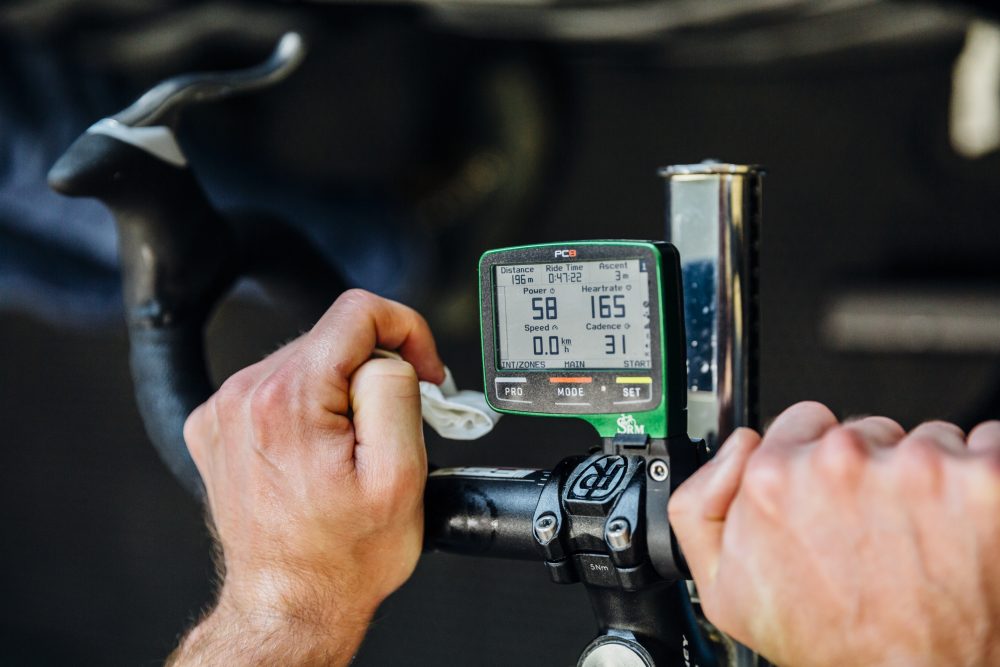Plans to use pro cyclists' power data to help stop doping
Performance data will be used alongside the present Biological Passport in the fight against doping

The Tour de France director wants to ban power meters .
Chris Froome, Nairo Quintana and every pro cyclist will have to share all their performance data from training sessions and races if new plans to boost the fight against doping become reality.
The information could be used alongside the Biological Passport to clear clean riders of false allegations and shine a spotlight on those who might be cheating, say experts from the University of Kent.
The idea has been discussed with the UCI-backed Cycling Anti-Doping Foundation (CADF) by Dr James Hopker and Professor Louis Passfield, who's worked with Britain's top cyclists for three Olympic Games. Now the two sports scientists want pro teams to help them develop the data-based Performance Passport.
They say data about power output, heart rate and speed from riders' training sessions and races, collected over many months, could provide evidence of the probability of an exceptional performance being fair.
If such a system had been in place last year, it would have prevented the allegations that followed Froome's stunning ascent of La Pierre St Martin in the 2015 Tour de France.
Critics had guesstimated Froome's power output to speculate that he was doping. The false allegations prompted Team Sky to release data to show his winning climb was within reason.
"There's a general consensus growing among the pro peloton that something needs to be done around this, particularly to try to strengthen the current Biological Passport system," says Hopker.
The latest race content, interviews, features, reviews and expert buying guides, direct to your inbox!
"Looking at single performances is not the way to do it so what we're looking at is a smarter way to use power meter data."
Is this the hardest test you can do on a bike?
The scientists know they have to win the trust of the pro teams to make the Performance Passport a reality.
"One of the key issues is about privacy of the data. Teams are naturally going to be very reluctant to reveal data that might remove competitive advantage whether in racing tactics or training strategy," says Passfield.
To gain that confidence, data will be anonymised, averaged and aggregated over several months so that the performance of an individual cannot be identified.
Instead, the scientists will get a broad picture of how pro riders are likely to perform and the probability of an exceptional ride being made fairly.
"If we have a benchmark for the peloton as a whole we'll see the degree of change and trends over time," says Hopker.
It will take time for the idea to be made fully functional. "This is long term - it'll take several years to implement. But if we don't start now we won't be in any position to produce to some time soon. The way sport and society is going, we'll have to do it at some point," says Passfield.
Max Glaskin is an award-winning freelance journalist who tweets about cycling and science as @CyclingScience1.
He is author of Cycling Science (published by Frances Lincoln UK, Chicago University Press USA, and seven other languages).